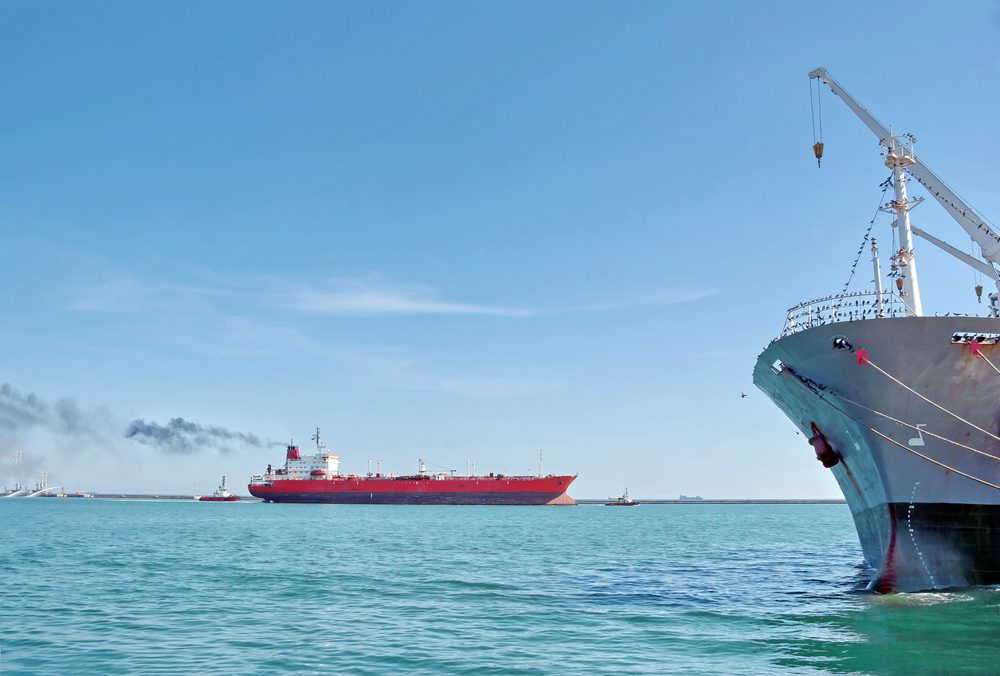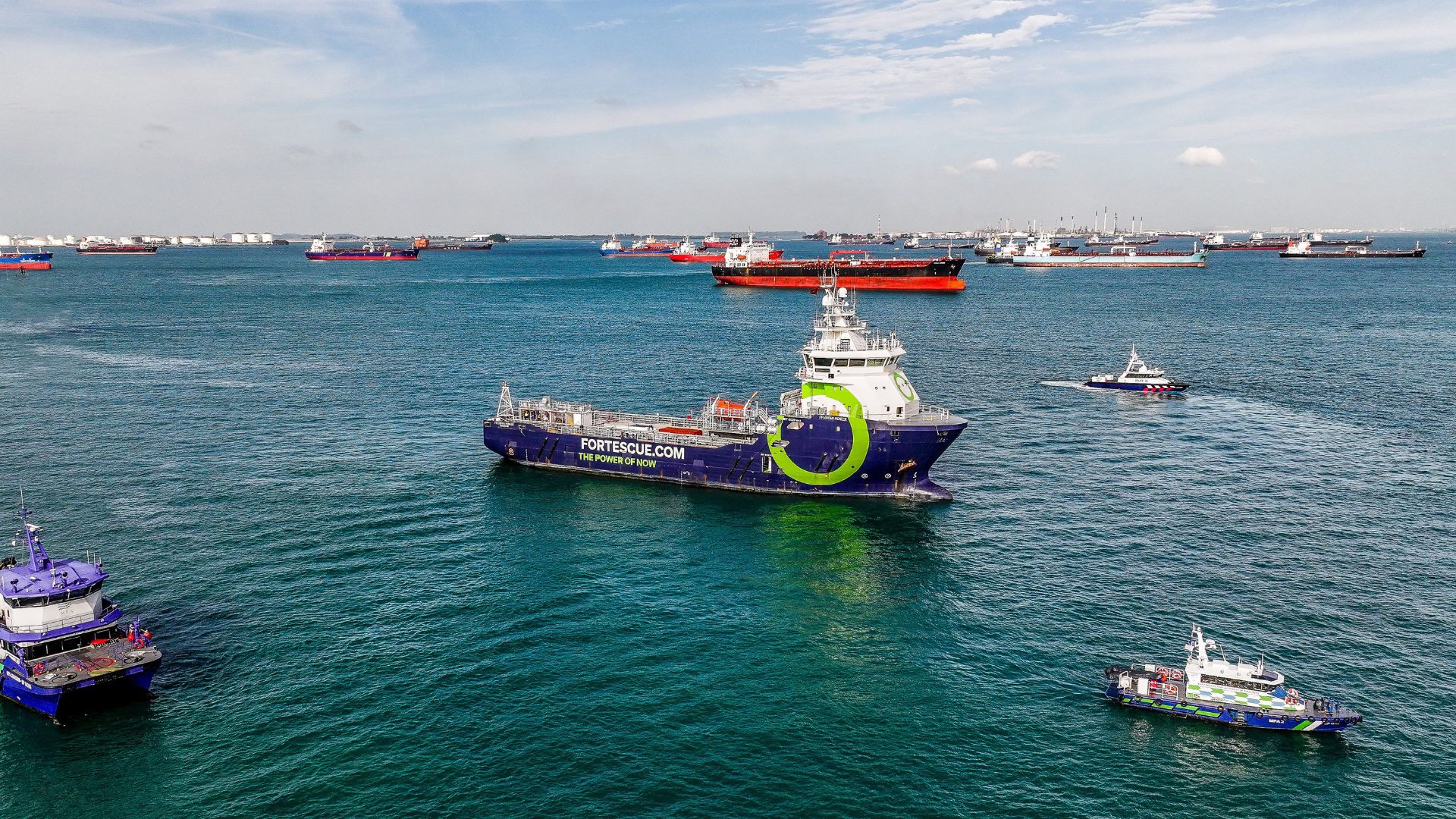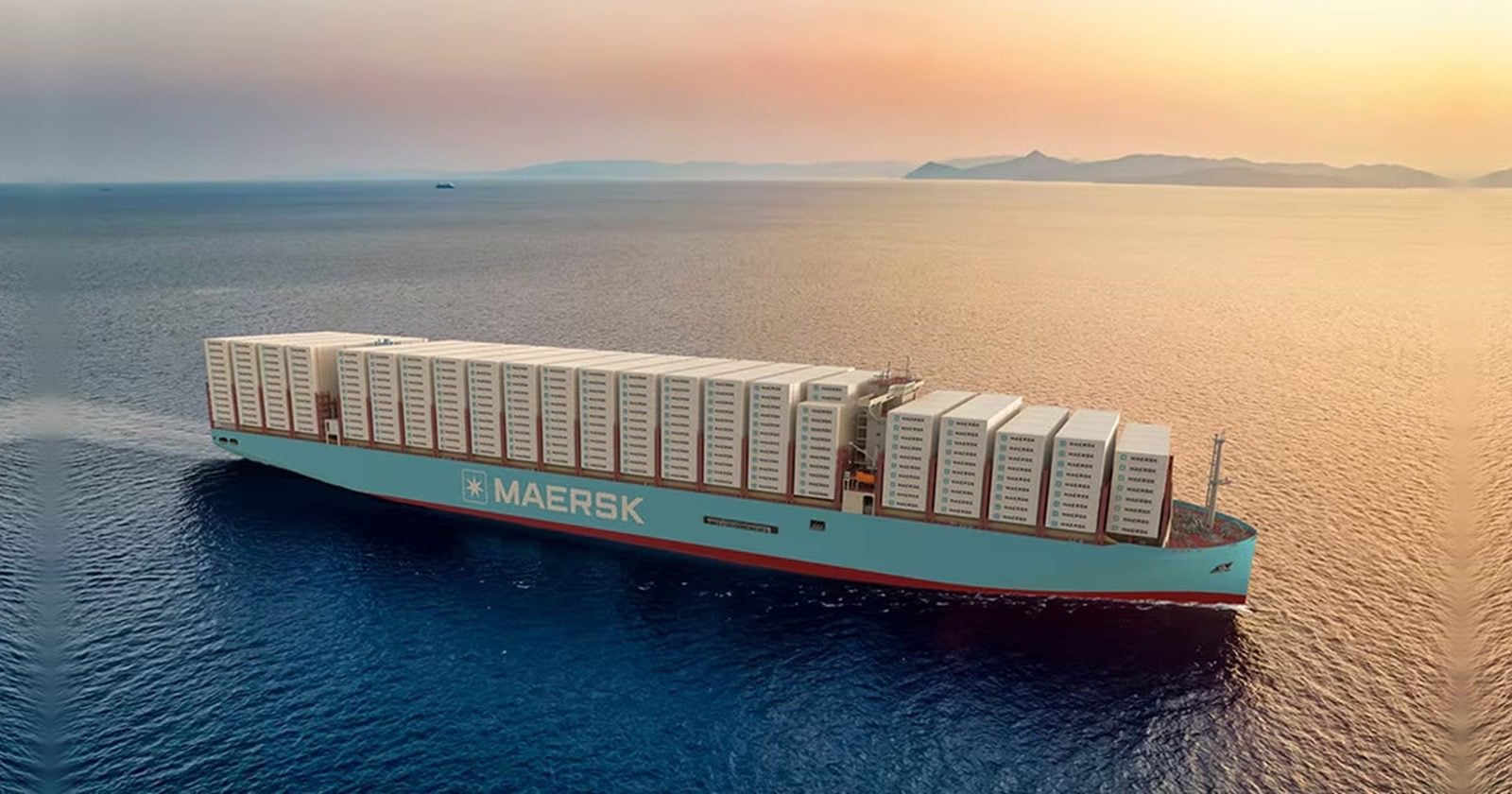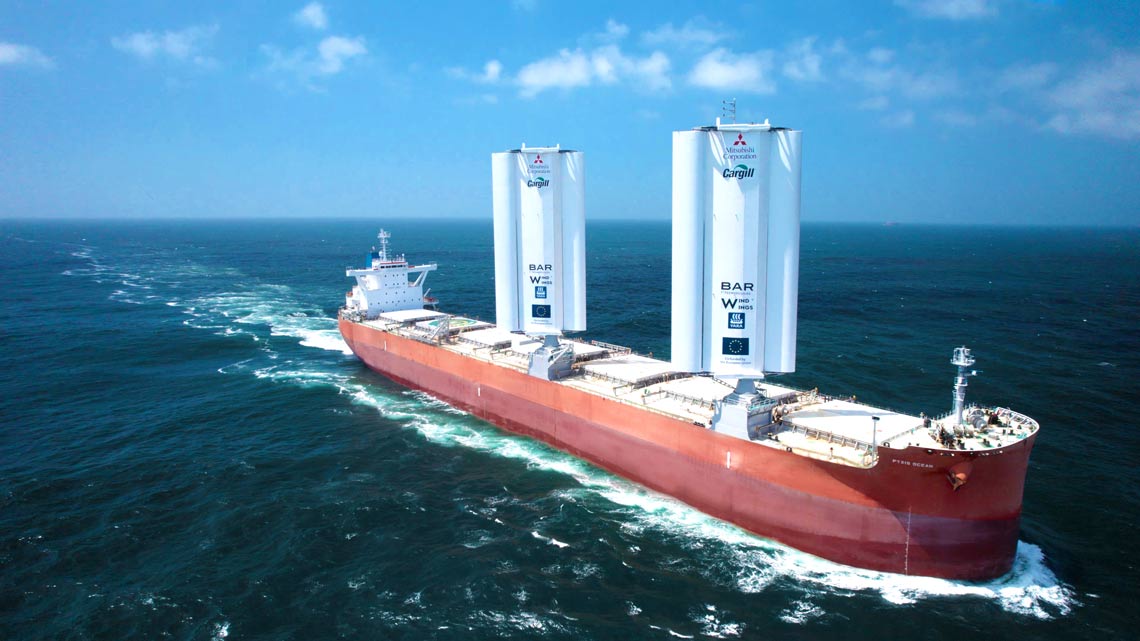September 2025 saw just 14 orders for alternative-fuelled vessels, according to data from DNV’s Alternative Fuels Insight (AFI) platform. Of these, 12 were LNG-fuelled vessels, primarily from the container segment (6), with additional orders from bulk carrier (4) and cruise (2) segments. The remaining two orders were for LPG carriers.
The first nine months of 2025 have recorded 192 new orders for alternative-fuelled vessels, marking a significant 48% decline compared to the same period in 2024. LNG remains the dominant alternative fuel choice with 121 orders, followed by methanol (43), LPG carriers (19), ammonia (5), and hydrogen (4).
The container segment continues to lead the transition, accounting for 63% of all new orders in 2025 with 120 vessels.
Jason Stefanatos, Global Decarbonization Director at DNV Maritime, points to a clear slowdown in the market: “Following a record-breaking first half of the year, zero new orders in August and relatively low activity in September signal a clear slowdown in the alternative-fuelled market in the third quarter.”
“While this trend reflects a weaker overall newbuild market and rising contracting costs, other factors are also influencing sentiment,” Stefanatos added.
The director specifically highlighted regulatory uncertainty as a key factor: “Uncertainties around the IMO’s Net-Zero Framework, including lifecycle assessment factors for certain fuels, are prompting many owners to adopt a ‘wait and see’ approach to new orders. It is, therefore, essential that the industry receives greater regulatory clarity in the coming months.”
This current slowdown contrasts sharply with the first half of 2025, which saw orders for alternative-fuelled ships reach 19.8 million gross tonnes (GT), a 78% increase compared to the same period in 2024. While the total number of vessels ordered (151) was slightly lower than the 179 ordered in H1 2024, the substantial increase in gross tonnage revealed a focus on larger vessels adopting cleaner fuel technologies.
The maritime industry now faces additional uncertainty with a pivotal vote at the International Maritime Organization (IMO) this month. The IMO’s Net Zero Framework, if adopted, would be the first global regime to pair mandatory emissions caps with greenhouse gas pricing across the entire industry. The plan, set to take effect in 2027, would introduce steep penalties for ships that miss fuel-efficiency targets.
Editorial Standards · Corrections · About gCaptain

 Join The Club
Join The Club











